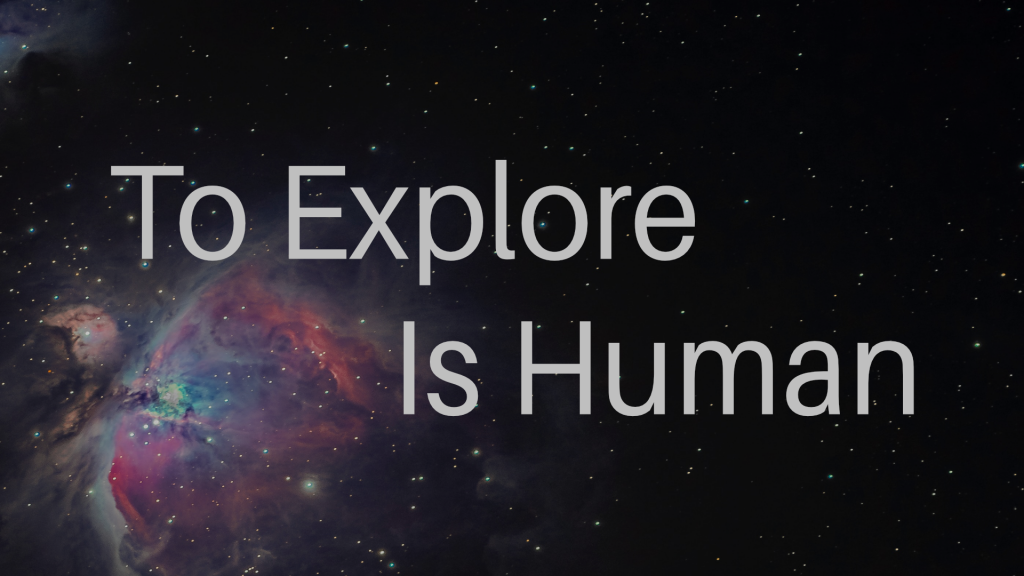Is Space Exploration a Waste of Money?
By Sarah Treadwell
It is estimated that for humans to have first reached Australia approximately 65,000 years ago, they would have had to travel across vast bodies of open water. Much is unknown about how exactly they achieved this. Archaeologists and historians credit this as one of the first, remarkable achievements made by humans. While admirable today, their courage could also be described as reckless.
When these early humans set sail, they took incalculable risks. They had to weather the scorching sunlight that threatened them with dehydration. They had to accept sharp pangs of hunger due to a lack of assured food sources. They had to take on the challenges of navigation with primitive rafts… all with zero assurance that anything would meet them at their journey’s end.
Some people ask why we should waste money on space exploration when there are so many problems on Earth. The main answer seems to be embedded in our genetic code.
To explore is to be human.

Even if we have no assurance of finding what we seek, the drive to discover the unknown is what has defined us as a species. Space missions are the next step in our evolution of exploration.
In addition to fulfilling a fundamental human need, our space programs have provided us with countless innovations in everyday life. As the saying goes, necessity is the mother of invention. From cell phone cameras to artificial limbs, our need to create innovative solutions for survival in harsh space has provided benefits found everywhere in society. Human nature is at its best when pushed to the creative limits.
Life on Earth and our very civilizations are indeed faced with many problems. These issues will take many years and societal changes to fix, if ever. However, it is our obligation to muster forward and remember that we are all one species on a shared planet. Our fate rests in our unity and our determination to discover the unknown. Just like those early humans who decided to sail into the unknown, we have no assurances we will find something on the other side of our ventures into space. Also like those early humans, there are some today who would describe sending people into outer space reckless.
Ultimately, what space exploration contributes to humanity is hope. Hope that when we set aside our differences and work on what can seem insurmountable, we can achieve the impossible.
Sarah Treadwell is a student and communicator of science. She has a passion for sidewalk astronomy and a curiosity for learning how the universe works. She is currently a research associate communicating topic in Earth and space science for the Blue Marble Space Institute of Science.
